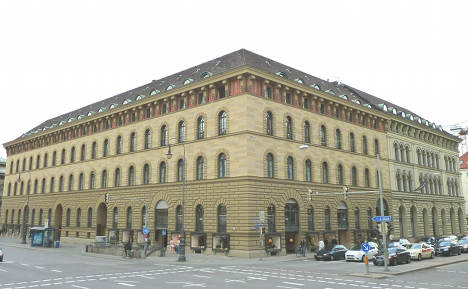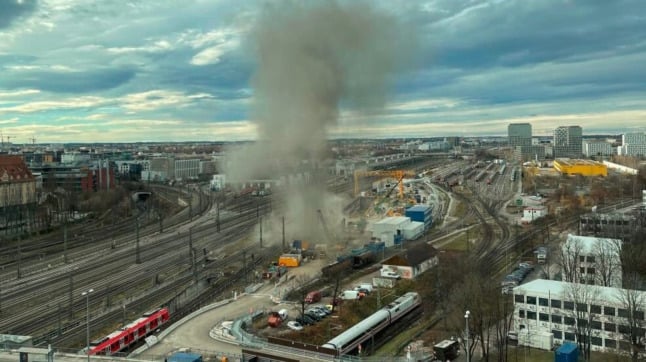Munich’s Ludwig Maximilian University (LMU) has long been threatening to end decades of cooperation with the state-financed, quasi-independent HfP politics college, wrote the Süddeutsche Zeitung on Monday.
The Hochschule für Politik (HfP), which was established in 1950 by the Americans as a school to teach democratic principles in the post-war period, has become a bit of a laughing-stock in recent years, wrote the paper. For one, the school, which is financed by the Bavarian state parliament rather than the Federal government, does not have any permanent professors, but relies on visiting lecturers.
Secondly, rival political science teachers at LMU have complained that the sixty-year-old HfP college is teaching outdated content, and there have even been personal rifts between staff at the two institutions, the paper said.
“We can’t be made responsible for checking up on the HfP,” said Edgar Grande, director of the LMU’s GSI political science faculty told a session of Bavarian state parliament last summer, and added that he saw “no grounds for cooperation” between the two institutions.
Now, faced with its closure, Bavarian state parliament is working on a plan to completely revamp and redefine what it sees as its “own” college, to make it into a serious, worthy and attractive partner for Munich’s universities.
“It’s about making clear that cooperation with the HfP can be beneficial for both sides,” Michael Piazolo of the Bavarian Freien Wählen told the paper. “We want to make the bride so pretty that there are as many admirers as possible.”
Suggestions so far include changing the name to the “Bavarian School of Public Affairs” and employing fixed term professors to teach focused, practical subjects such as political science designed for application in management, administration or business.
With the new focus, politicians are hoping not only LMU but also Munich’s Technical University will jump at the chance to be wedded to the new-look college.
The Local/jlb



 Please whitelist us to continue reading.
Please whitelist us to continue reading.
Member comments